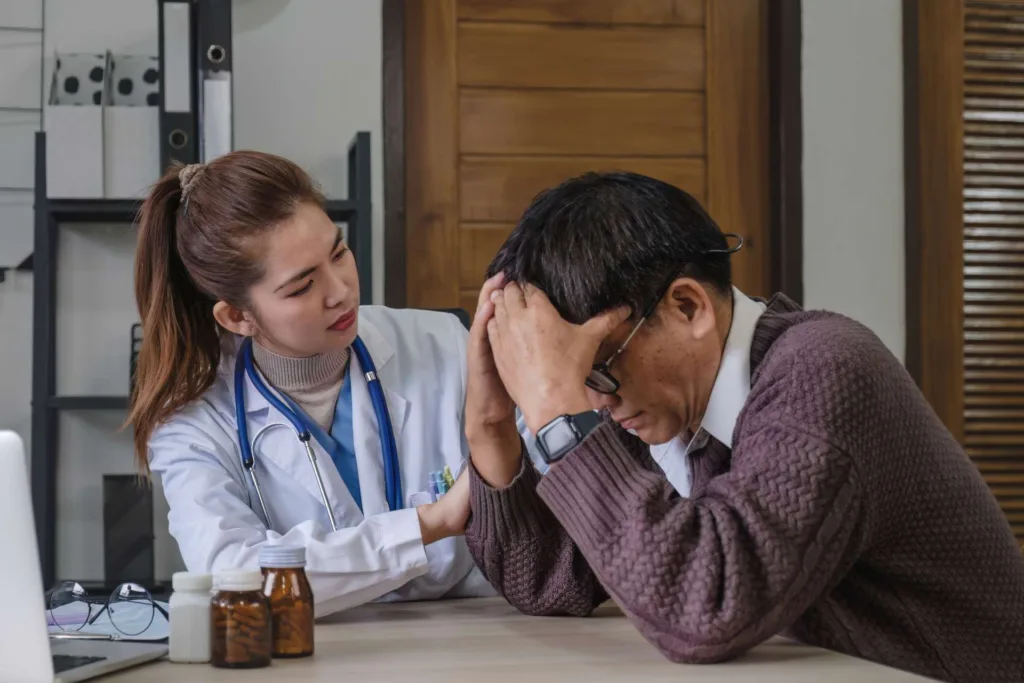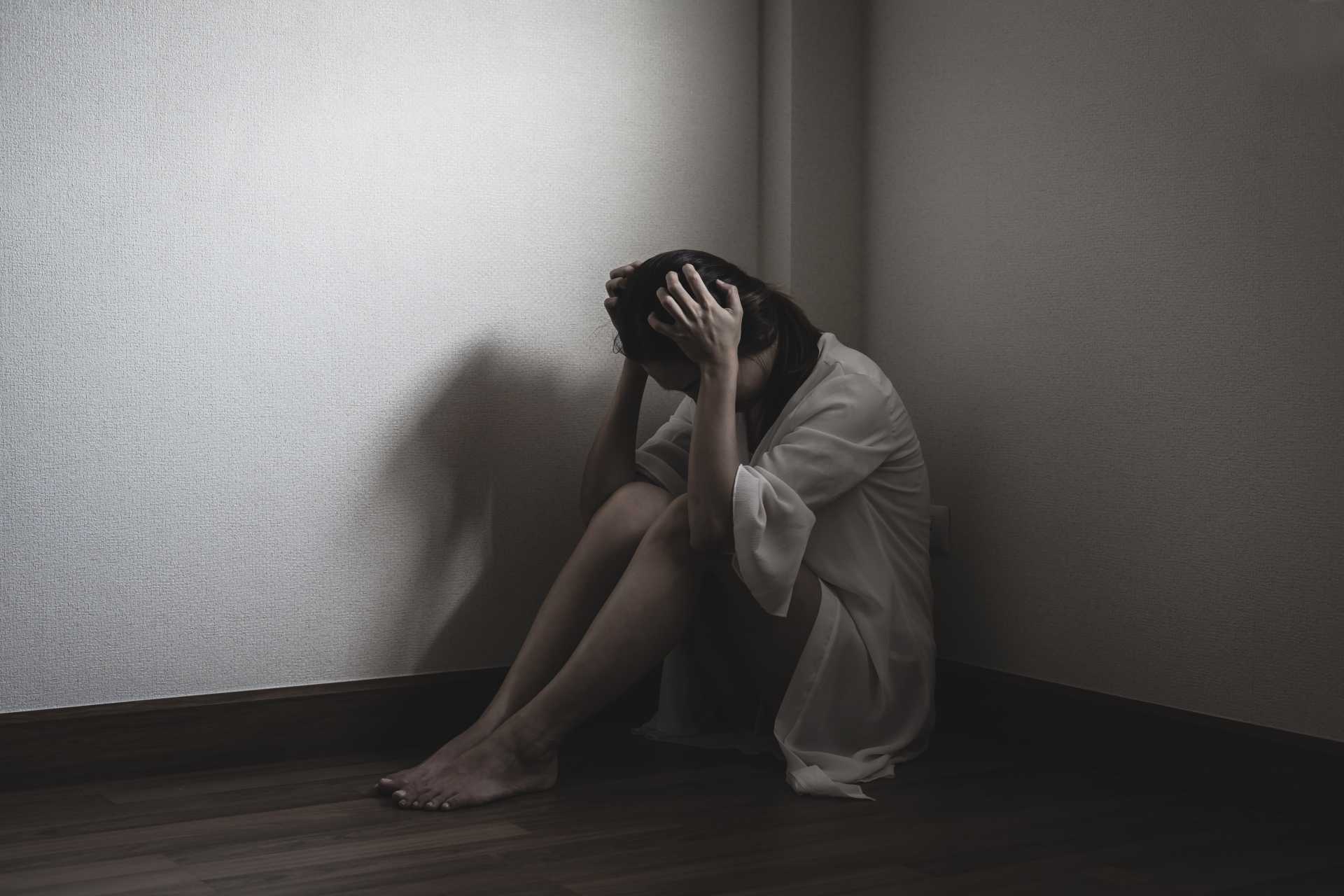Car accidents are not just physically traumatic events—they can have lasting emotional and psychological impacts as well. One of the most common, yet often overlooked, effects is depression after car accidents. The emotional toll of an accident can be significant, particularly when dealing with injuries, financial strain, and changes in daily routines. It’s important to recognize the signs of depression early and seek help to ensure a full recovery—both physically and mentally. Depression after a car accident is a real and serious condition that can affect anyone, regardless of the severity of the accident.
Why Car Accidents Can Trigger Depression
The physical and emotional trauma caused by a car accident can be overwhelming. In many cases, depression is triggered by a combination of factors that arise after the accident. Physical pain from injuries can contribute to feelings of helplessness or frustration, especially if the recovery process is prolonged or complicated. Loss of mobility and independence, even temporarily, can lead to a diminished sense of self-worth.
Beyond the physical effects, the financial burden of medical bills and car repairs can add another layer of stress. Some individuals may also develop post-traumatic stress disorder (PTSD) after a car accident, which can intensify feelings of anxiety and depression. The cumulative effect of these stressors can result in emotional exhaustion, leading to symptoms of depression.
Common Signs of Depression After a Car Accident
Depression isn’t always easy to recognize, particularly when it develops gradually after a traumatic event like a car accident. It’s important to monitor both physical and emotional health during the recovery process. Here are some common symptoms of depression after a car accident:
- Persistent sadness: Feeling down or hopeless for long periods, with no clear cause.
- Fatigue or lack of energy: Constant tiredness that doesn’t seem to improve, even with rest.
- Loss of interest in activities: A sudden disinterest in hobbies or activities that used to bring joy.
- Difficulty sleeping: Insomnia or sleeping too much can both be signs of depression.
- Changes in appetite: Eating significantly more or less than usual, which can lead to weight fluctuations.
- Difficulty concentrating: Struggling to focus on tasks or making decisions.
- Irritability or mood swings: Feeling unusually angry, frustrated, or agitated.
These symptoms may not appear immediately after the accident but can develop over time as the stress of recovery sets in.
The Importance of Early Detection and Seeking Help
Recognizing depression and addressing it early can make a huge difference in your overall recovery. When left unaddressed, depression can get worse and make it even harder to heal—both mentally and physically. The longer depression goes untreated, the more it can affect every part of your life, including your ability to recover from injuries. Getting help sooner rather than later gives you a better chance at healing fully and getting back to your normal life.
Chiropractors, like those at Affordable Chiropractic Killeen, can be part of your support system during recovery. Regular chiropractic visits can help manage pain and improve your overall sense of well-being while reducing the emotional stress associated with injury recovery.
How Depression Can Impact Your Physical Recovery
When you’re dealing with depression, it can take a toll on your body’s ability to recover. Lack of motivation can make it hard to stick with physical therapy or rehabilitation exercises. Depression can also amplify your perception of pain, making everything feel harder than it should.
Being in a constant state of emotional stress can also slow down the body’s healing processes. Stress and depression can weaken your immune system, making it harder for your body to repair itself after an injury. Addressing both the physical and emotional aspects of your recovery can help you heal faster and feel better overall.
When to Seek Professional Help for Depression After a Car Accident
If you’re noticing signs of depression after a car accident that seem to be getting worse, it’s important to reach out for help. Here are some signals that you might need professional support:
- You’ve been feeling sad or hopeless for weeks with no sign of improvement.
- You’re having thoughts of hurting yourself or believe you can’t go on.
- You’re struggling to get through daily life or feel overwhelmed by small tasks.
- Your symptoms—whether emotional or physical—are getting worse, not better.
Don’t hesitate to talk to a healthcare provider or mental health professional if you’re feeling this way. There’s no shame in seeking help, and it can make a big difference in how quickly you recover.
How Chiropractic Care Can Support Emotional and Physical Healing

Chiropractic care isn’t just about relieving physical pain—it can also help with the emotional challenges you’re facing after a car accident. At Affordable Chiropractic Killeen, we focus on treating both the physical and emotional aftermath of injuries. Our treatments, like spinal adjustments, can ease the physical tension that often accompanies emotional stress.
When your body feels better, it’s easier to manage emotional health. Chiropractic care helps reduce pain, promotes relaxation, and supports your body’s natural healing process. This holistic approach to healing can make it easier to recover both mentally and physically, giving you the support you need to get back to feeling like yourself.
Affordable Chiropractic Killeen: Supporting Your Full Recovery After a Car Accident
Recovering from a car accident can be challenging, especially when depression is part of the equation. At Affordable Chiropractic Killeen, we’re here to help you through every step of your recovery. We offer a range of services, including spinal adjustments, injury rehabilitation, and pain management, designed to support both your physical and emotional well-being.
If you’re struggling with the effects of a car accident—whether physical or emotional—reach out to us today. Contact Affordable Chiropractic Killeen to schedule an appointment and take the first step toward feeling better.

